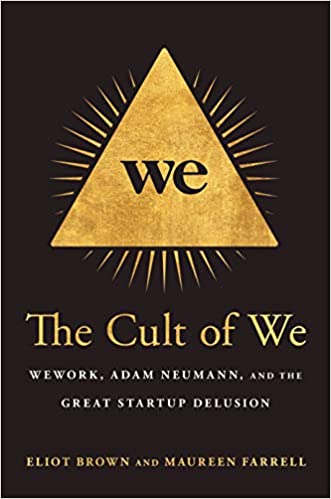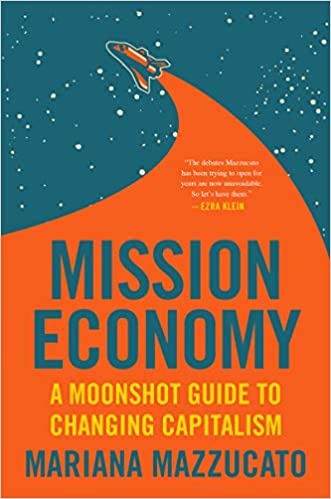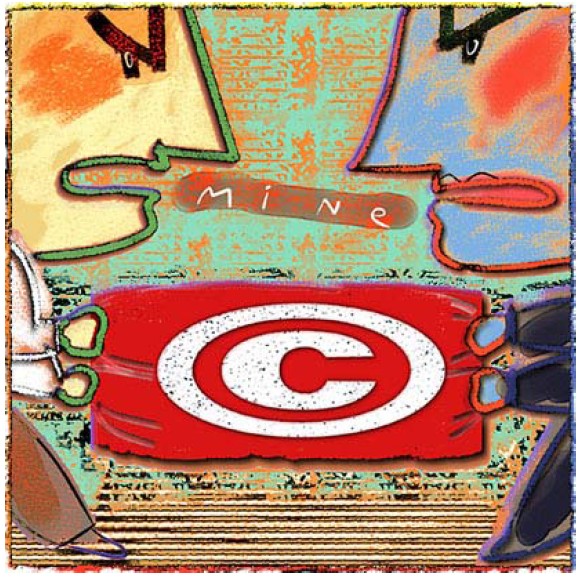




| 국내서 북써머리 | [426,924]권 읽음 | |
|---|---|---|
| 해외서 프리뷰 | [0]권 읽음 | |
| 글로벌 트렌드 | [2]권 읽음 | |
| 미디어 브리핑스 | [184]권 읽음 |
 [136]권
[136]권 
 |
The Cult of We | |
| 저자 | Eliot Brown 외 | ||
| 출판사 | Crown | ||
 |
Mission Economy | |
| 저자 | Mariana Mazzucato | ||
| 출판사 | Harper Business | ||
 |
이성의 동물 | |
| 저자 | 더글라스 T. 켄릭 외(역: 조성숙) | ||
| 출판사 | 미디어윌 | ||
| Open Innovation | ||
| At the same time that the open source movement is accelerating, the trend of open innovation is also picking up speed. This makes perfect sense because at a time when innovation is essential to the success of every business, few companies can afford to follow the traditional “closed innovation” model that rejects any ideas that were “not invented here.” | ||
 |
The Patent Epidemic | |
| Back in 2001, something strange happened in the world of patent law. Microsoft, which had been fighting a lawsuit by Priceline, suddenly gave up. The suit, filed in late 1999, claimed that Priceline had patented its “name your own price” auction strategy, and that no one else could use it without a license from the company. Microsoft had been using a similar strategy on its Expedia travel site and had been arguing in U.S. District Court in Connecticut that the auction method was too obvious to be patented. | ||